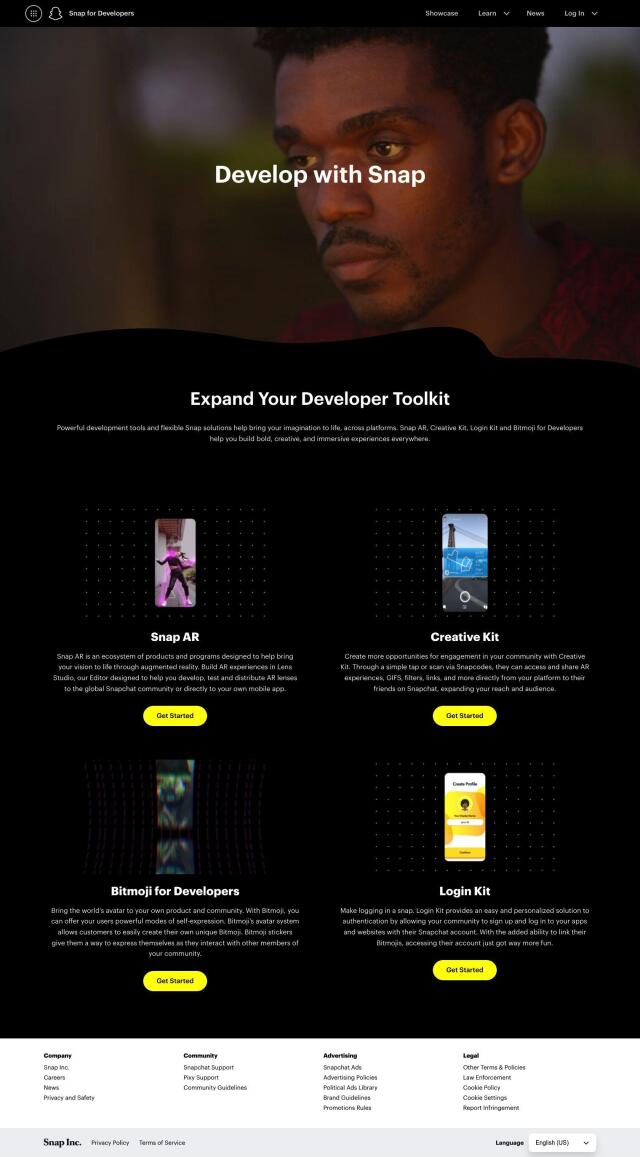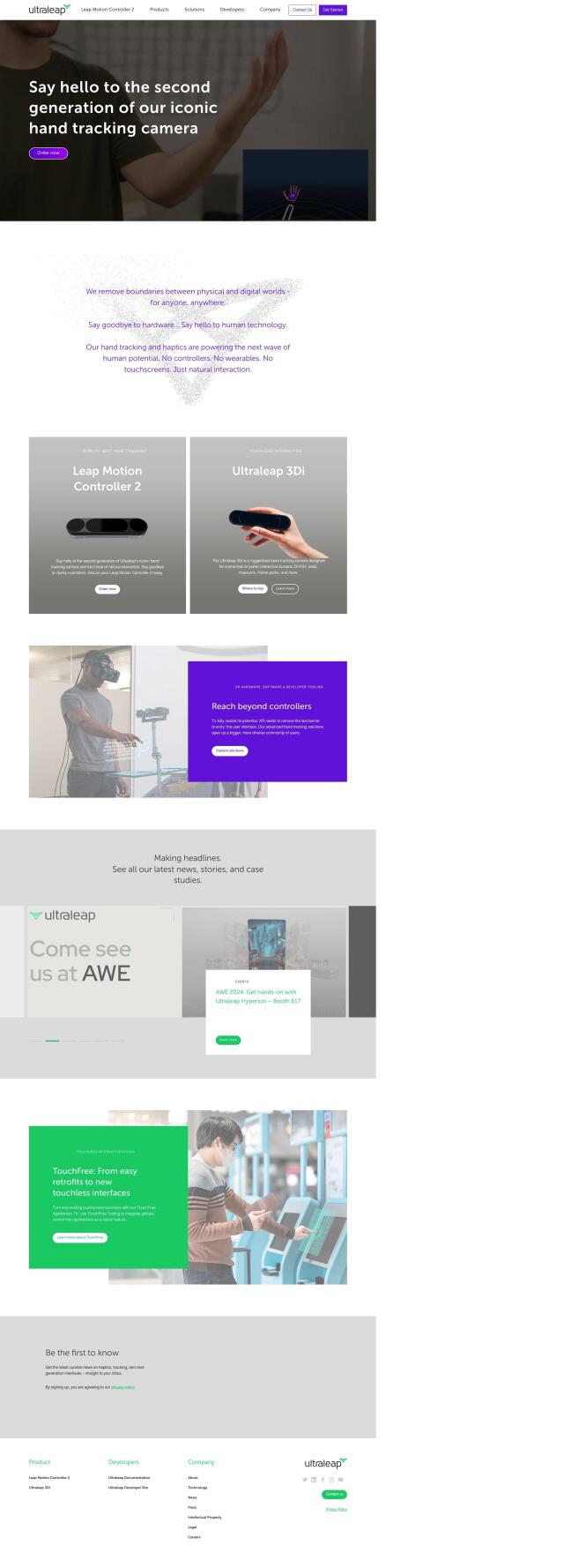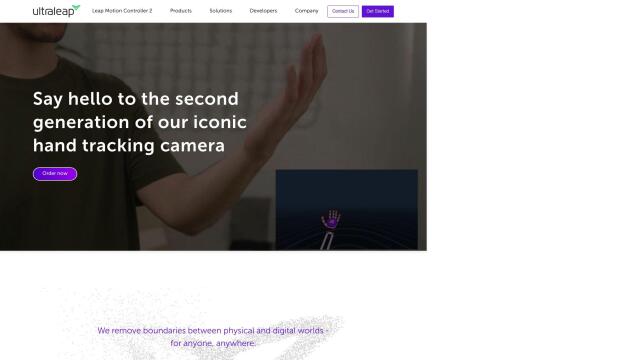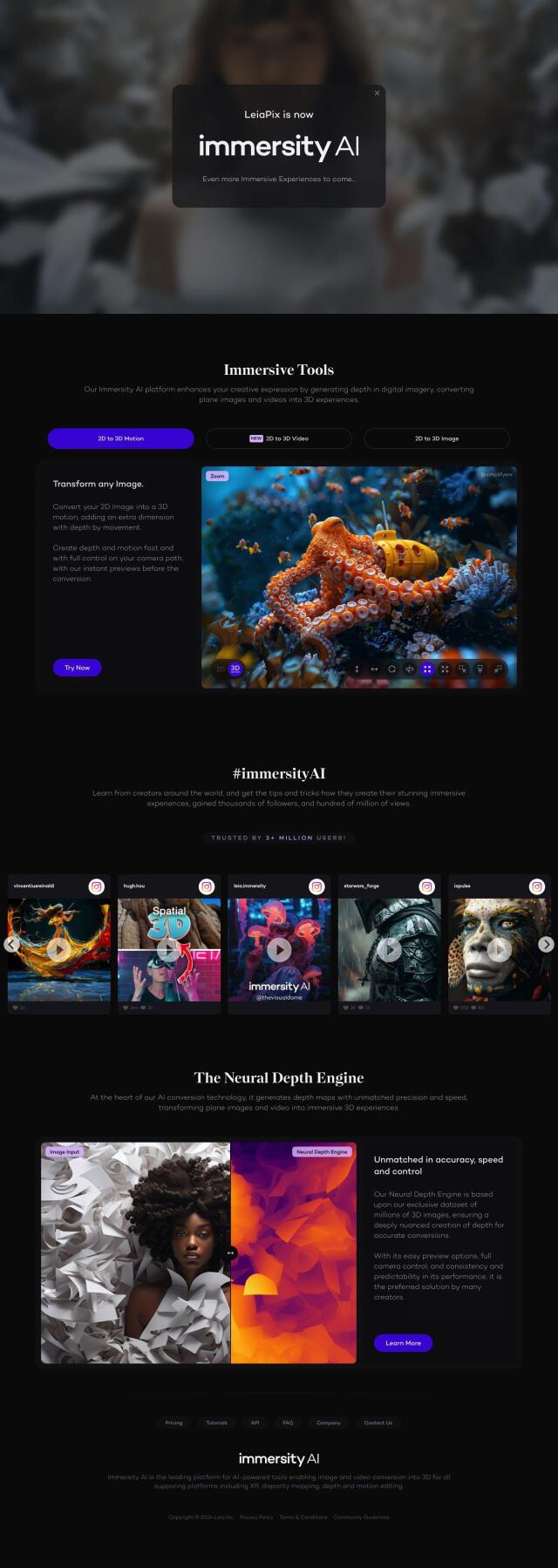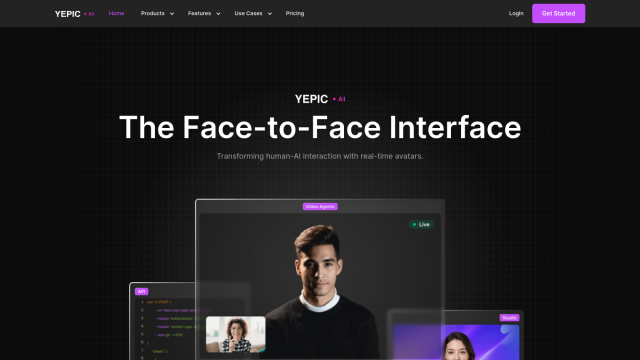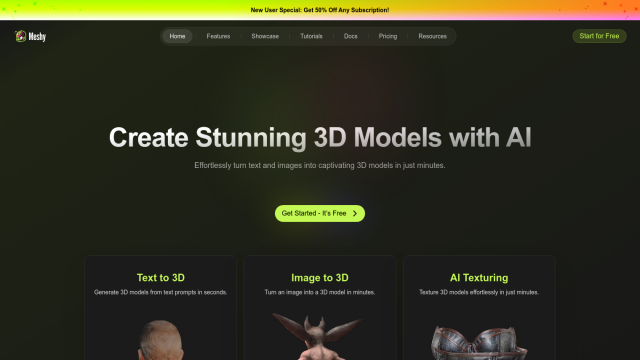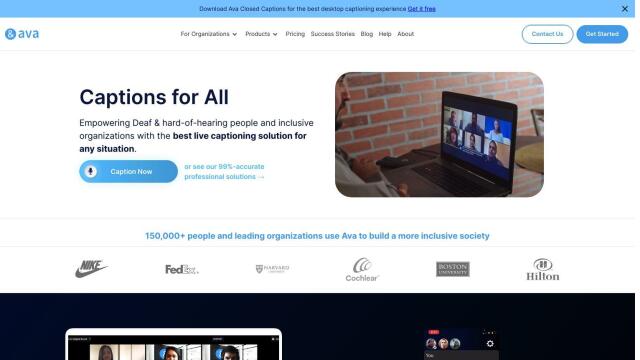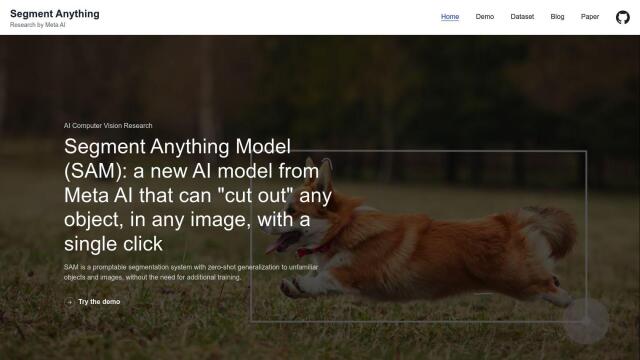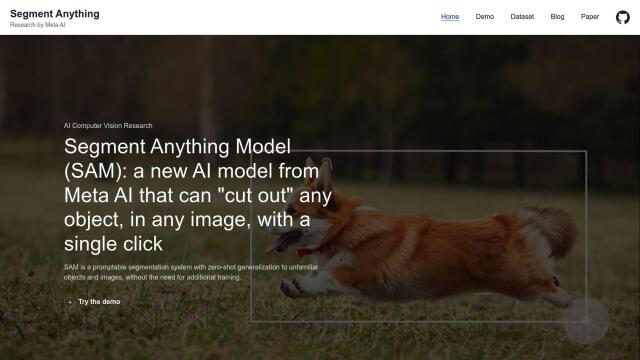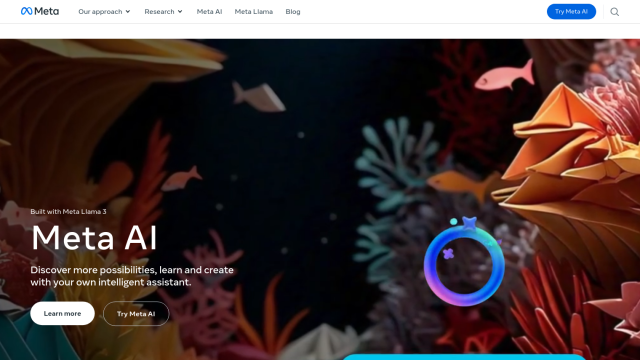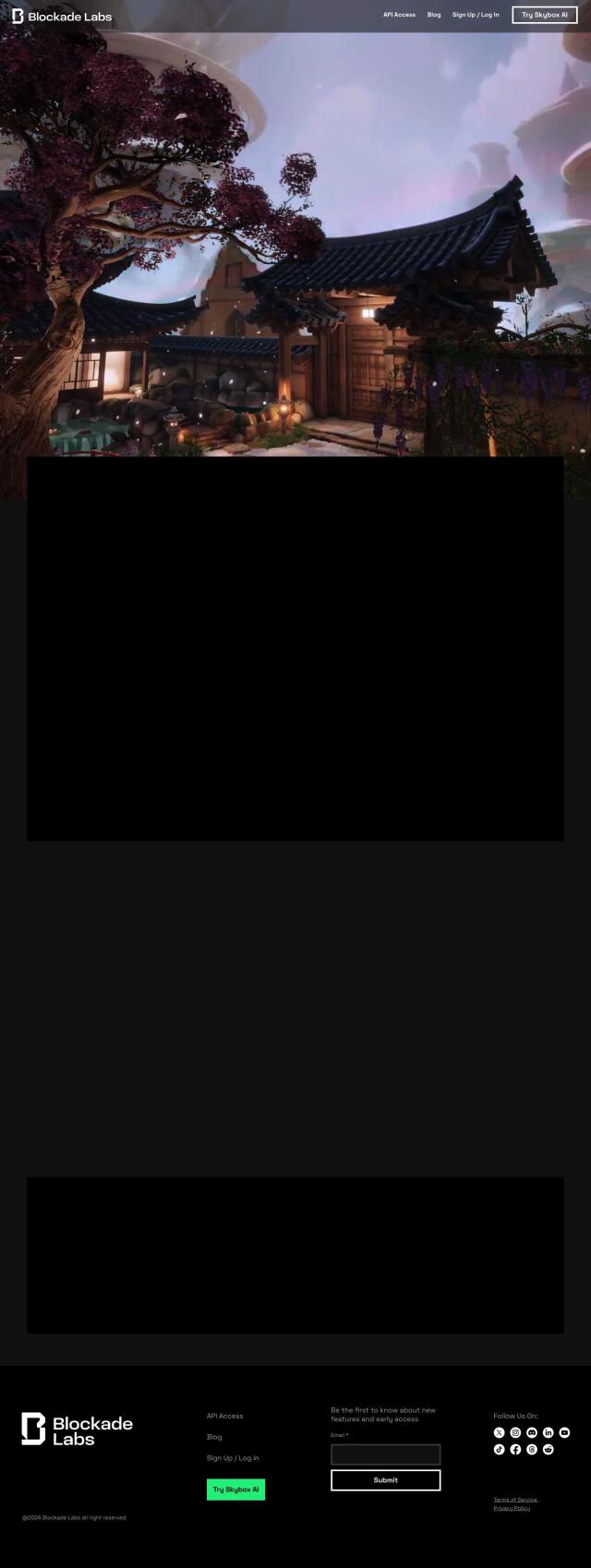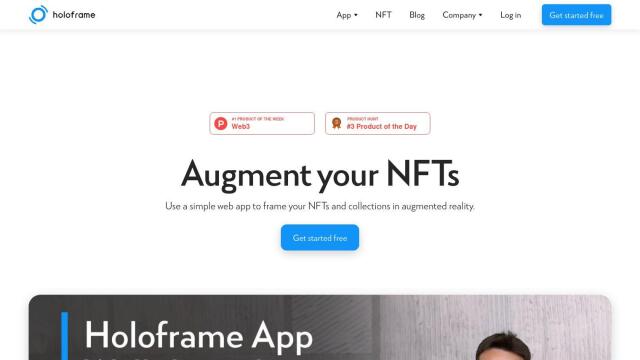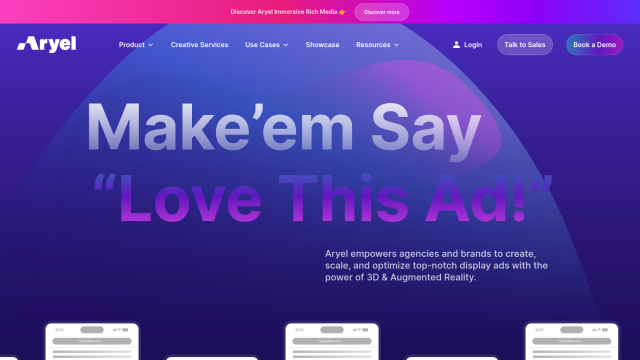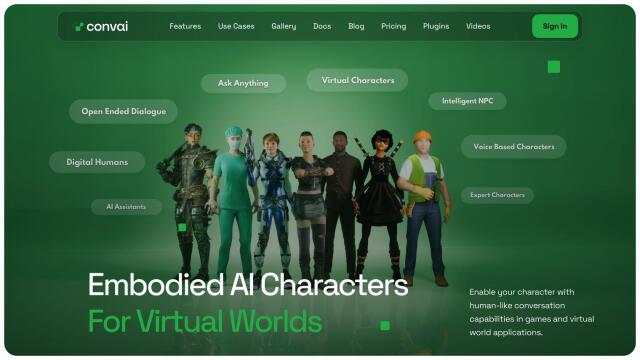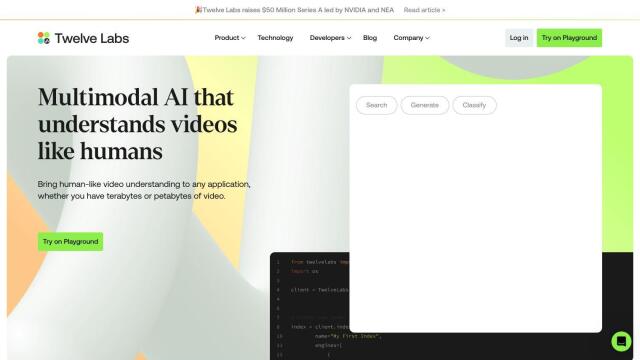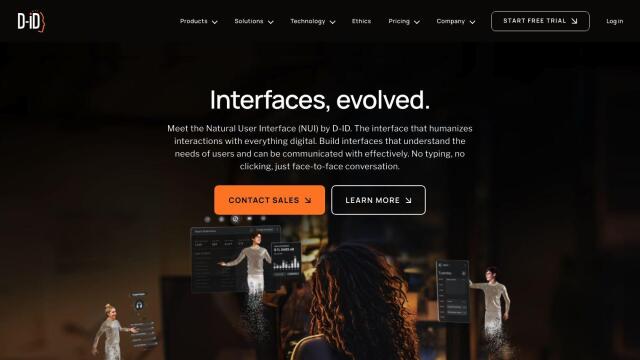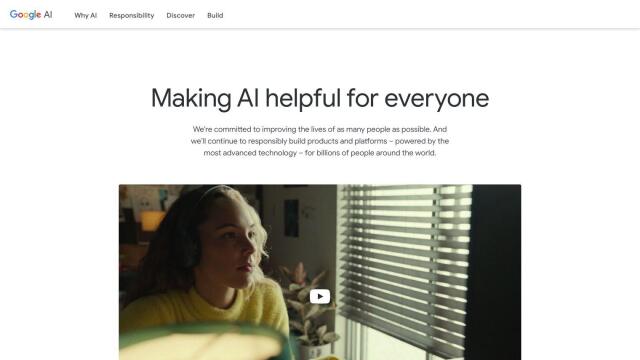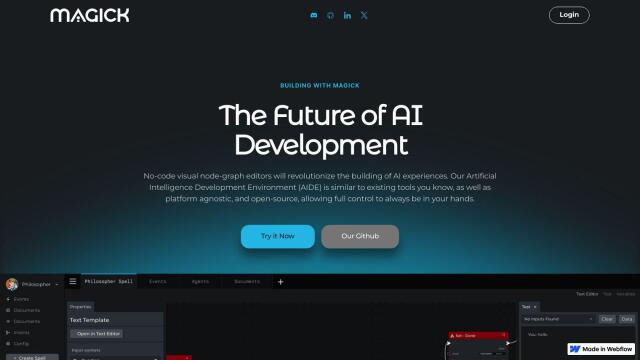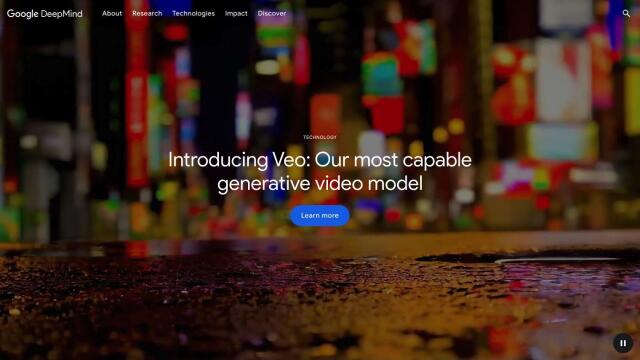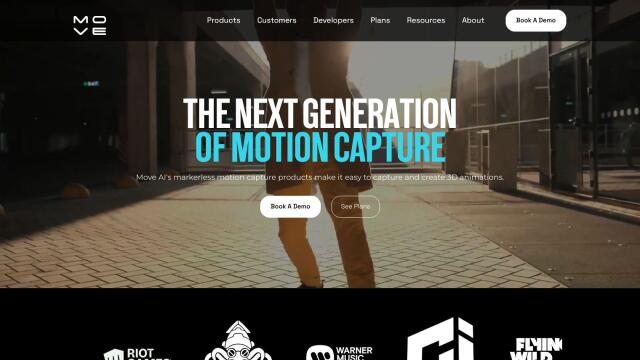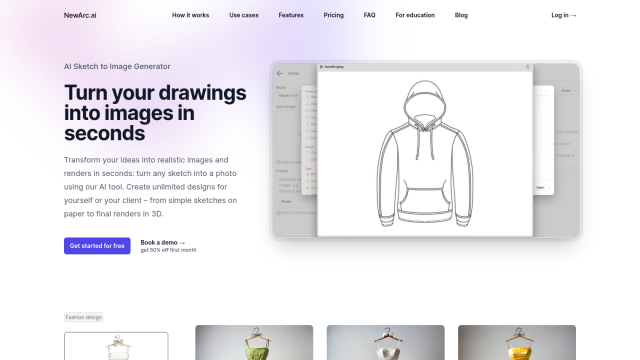Question: I'm looking for an open-source AR headset that allows customization and has AI-powered features like live translation and visual analysis.


Brilliant Labs
If you want an open-source AR headset with some customizability and AI smarts, Brilliant Labs could be the ticket. The startup has two AR devices, Frame and Monocle, both with AI abilities. Frame, a headset you wear on your head, offers real-time translation, visual analysis and live web search, and the software is open-source under the permissively lenient MIT license. Frame is designed for hacking, though, so you can modify it to your heart's content. Monocle is a pocket-sized device good for creative hacking, with video capture abilities and a Bluetooth connection to phones. The community-run project is designed to be actively maintained.
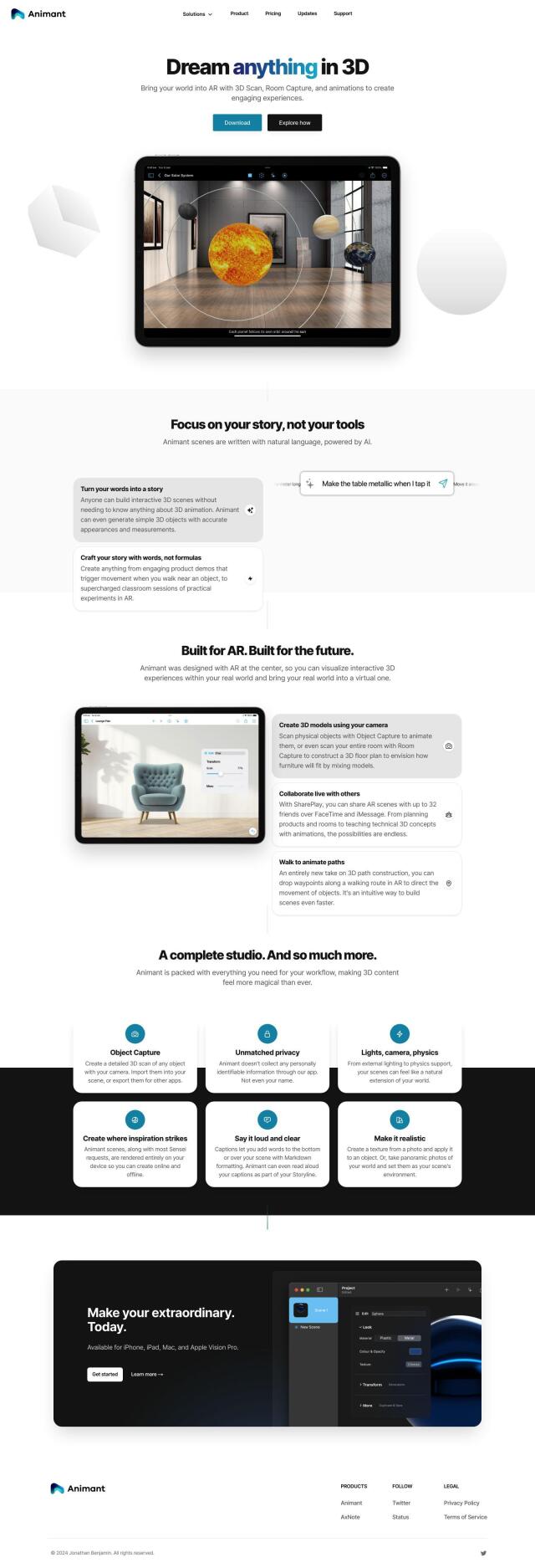
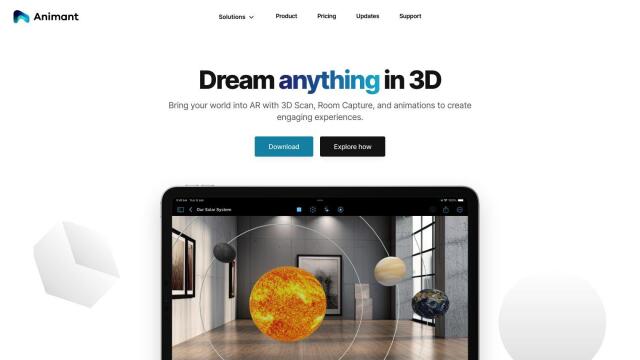
Animant
If you want a more general-purpose AI-infused AR experience, check out Animant. The platform lets you build interactive 3D scenes by scanning and capturing objects and rooms. It's got features like object and room capture, live collaboration with SharePlay, and path-aligned animations, so it can be used for everything from education to interior design. Animant is focused on user privacy and regularly updates with new features, so it's a good option for interactive AR content creation.

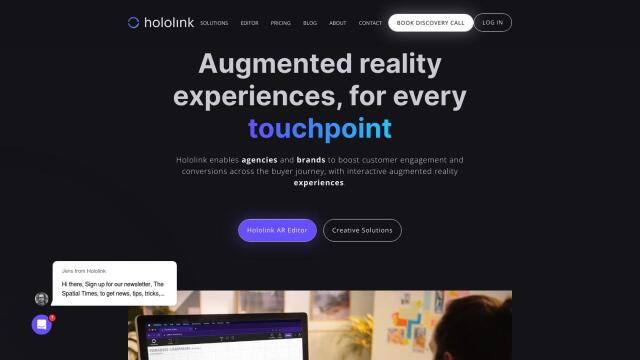
Hololink
Although not a headset, Hololink is an AR platform for building custom AR experiences. With an intuitive editor and features like custom branding, product visualization and GPS integration, it's geared to help businesses attract customers and convert them into buyers. The platform could be a good option for businesses looking to boost their marketing with immersive AR experiences.


Avataar
If you want to build immersive 3D storytelling experiences, Avataar has tools to let you create 3D models and rooms. The platform is good for e-commerce and real estate, with features to boost visual discovery and user engagement. It speeds up creation and cuts costs, so it could be a good option for interactive visualizations and AR ads.
